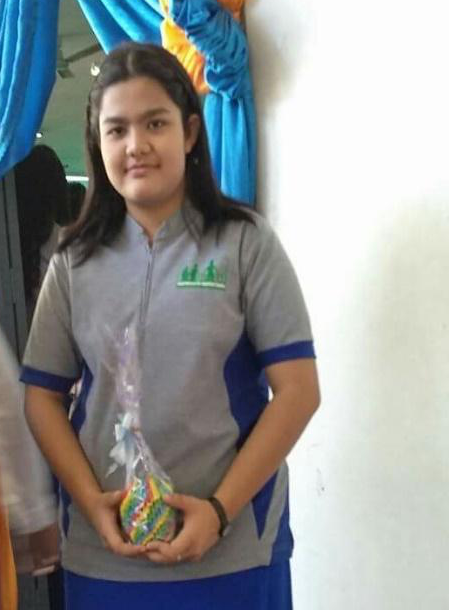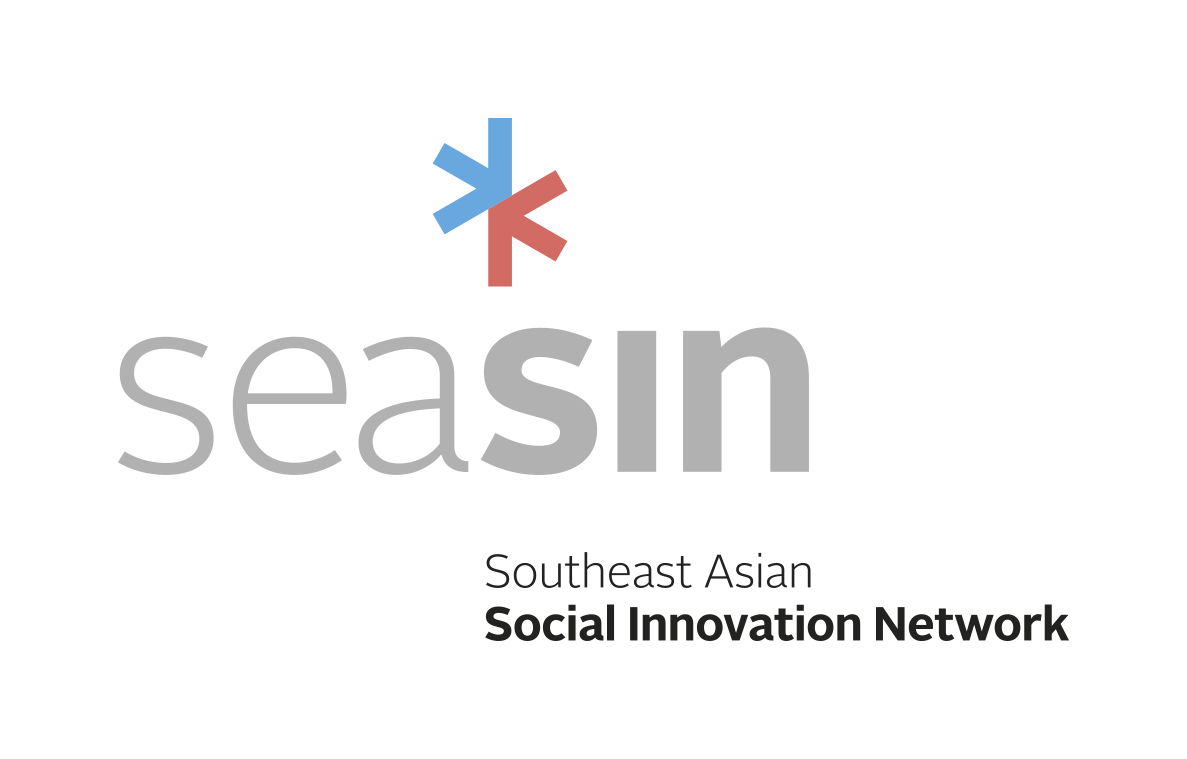Social innovation is the ideas that are more efficient, more effective, fairer, and sustainable to solve social needs and issues.
What’s your name? Tell us about yourself
My name is Shoon Lae Sandar Oo. I am a second year specializing in Social Enterprise Management at Co-operative University, Thanlyin, Myanmar. I have a strong desire to achieve a social entrepreneurship business venture as a career path after graduation. Then, I would like to solve the social issues in the community through my business profits. So I decided to become a social entrepreneur to create jobs and the conditions for a prosperous society. As I haven’t graduated yet, I want to obtain extensive knowledge in the field of social innovation as part of my further studies. Therefore, I wish to study social entrepreneurship, community development and social innovation in overseas universities.
What do you think the most important social challenges are at the moment?
I think that there are many social challenges in our city, our country and globally. In my opinion, for my country firstly, not having a job is one of the social issues. Unemployment always challenges people. Constant unemployment affects people’s future ability to find a job, their psychological well-being and more. Even the employed people are affected by unemployment because of the ripple effects. Secondly, disability barriers is a big social problem because it means disabled people don’t have the same chance as normal people. They don’t have the job opportunities. Thirdly, social problems of street children who are experiencing poverty, homelessness, abuse and lack of parenthood, low education… is another important social challenges I think.
What are you doing to address this challenge or what do you hope to do?
The first point is that many citizens across our country agree to solve unemployment is a priority for both government and citizens as our country is developing as well as in its transition. Mostly, women and men who have a lack of education are facing difficulties because they don’t have so many job opportunities. So, I will give the job by providing vocational training to them. In my point of view, I have many ideas to train them in how to sew clothes, how to make arts and crafts and so on. Also, I would like to generate learning opportunities for disabled people by providing a vocational training with proper guidance and genuine care to achieve a status of being a sensational person. In addition, I would like to provide adequate health, education and social services for street children by creating and supporting outreach education and training to them.
How do you think students and young people can play a role in helping solve these challenges?
We can participate and support in solving the social problems of our community as members, alumni, stakeholders, vocational trainers, SISU users and volunteers, etc. I am now participating in the waste recycling and social innovation project under the TCU SISU activities. I can help in solving these challenges by providing a proper vocational training of making handicraft products and sewing patterns designer clothing for unemployed people, disables and street children.

What did you learn at the SEASIN studio?
I learned a lot of lessons from the SEASIN studio workshop in regard to which problem is the most important in the society, how to solve the social problem, how to design the project plan, how to create a project with the mode of project management and how to implement the project. Moreover, I gained communication and presentation skills, team work spirit, creative and innovative ideas and more extensive knowledge than I had before.
Has the SEASIN studio introduced you to new ways of thinking and working?
Yes, I had a lot of new ways of thinking and working in my personal skills, thanks to the SEASIN studio. After attending this studio, I could speak and discuss with my friends about the project implementation process and how to identify and solve the social problems. It has a tremendous effect on my education by providing me with the opportunities and enhancing my personal skills such as creative thinking, innovative ideas, communication, presentation and team work skills related to my SEASIN studio experiences.
What does ‘social innovation’ mean to you?
Social innovation is the ideas that are more efficient, more effective, fairer, and sustainable to solve social needs and issues.
Do you think it is important that university play a role in the community that is more than as academia? How?
From my point of view, every university should provide higher education to the students to achieve academic qualification as well as the professional and skill development training to marginalized people to achieve a unique status in the community. It is also important that universities play a role in the community because there are many social needs in the society such as risk and vulnerability, jobless, mental health problems and so on. Therefore, we should work together with the stakeholders to help and support in solving the social challenges and reducing the poverty for the local areas surrounding our university.
What can universities do to help students become better problem solvers of future challenges?
Universities can help students by providing and enhancing the knowledge of social innovation: how to create ideas, meet the social needs in the society to become better problems solvers of future challenges. Moreover, universities can support technical and service trainings such as computer skills, arts and crafts, sewing designing skills, customer service skills in turn, we can share these knowledge and experiences with those who are socially excluded – the marginalized, and disadvantaged people.


Recent Comments